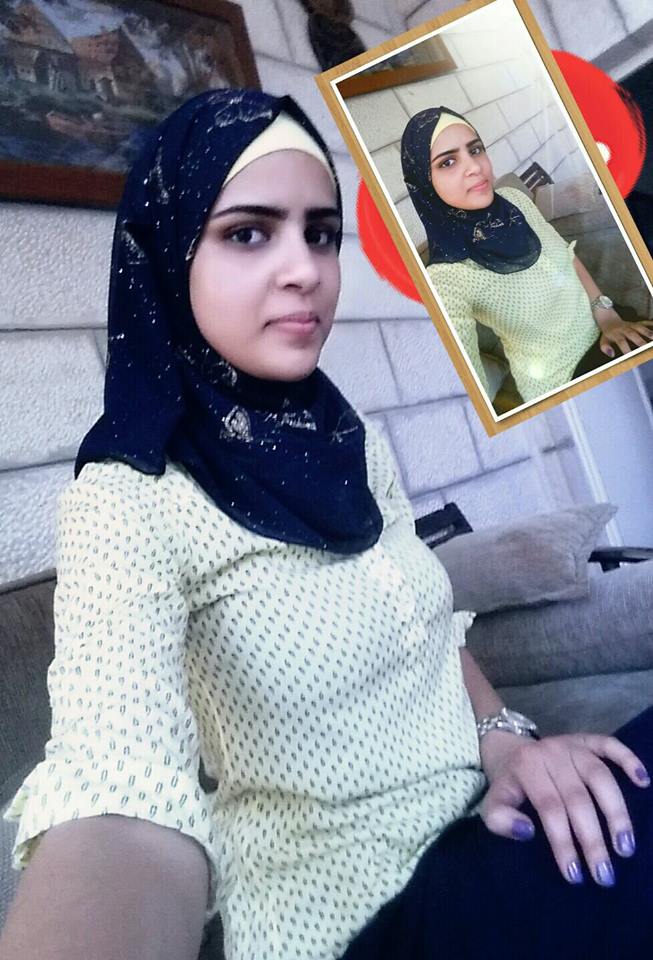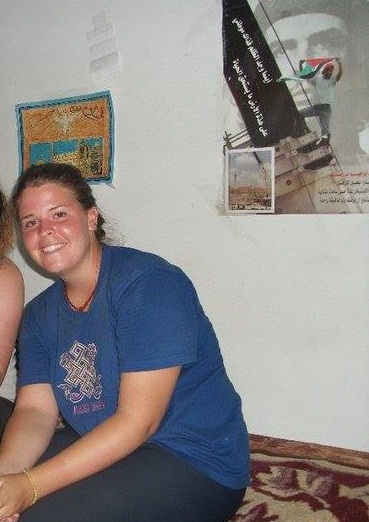Tag: Sheikh Jarrah
-
Young prisoner, Marah, is fighting medical negligence to get her high school diploma
|December 23rd 2015 | Hamza Abu Eltarabesh | Gaza, occupied Palestine Palestinian journalist from Gaza, born in 1991, studied journalism at the Islamic University of Gaza, and works as a freelance journalist for various local media outlets. Participated in covering the third aggression against Gaza, & basically writes in social and political issues. (According…
-
UPDATED: ISM honors Kayla Mueller
9th February 2015 | International Solidarity Movement | Occupied Palestine Update 10th February 2015: Today, 10th February, Kayla Mueller’s family confirmed she has been killed. Abdullah Abu Rahma, coordinator of the popular committee in the village of Bil’in where Kayla joined the protests, told ISM: “Kayla came to Palestine to stand in solidarity with us. She marched with…
-
Siam family from Sheikh Jarrah, struggling against eviction order and not giving up
25th July 2013 |International Solidarity Movement, Ramallah team | East Jerusalem, Occupied Palestine Another family from Sheikh Jarrah received an eviction order by the Israeli Magistrate’s court. The family has appealed the court’s decision and is awaiting the next court hearing. The latest family to be given an eviction order in the East Jerusalem neighborhood Sheikh Jarrah is…


